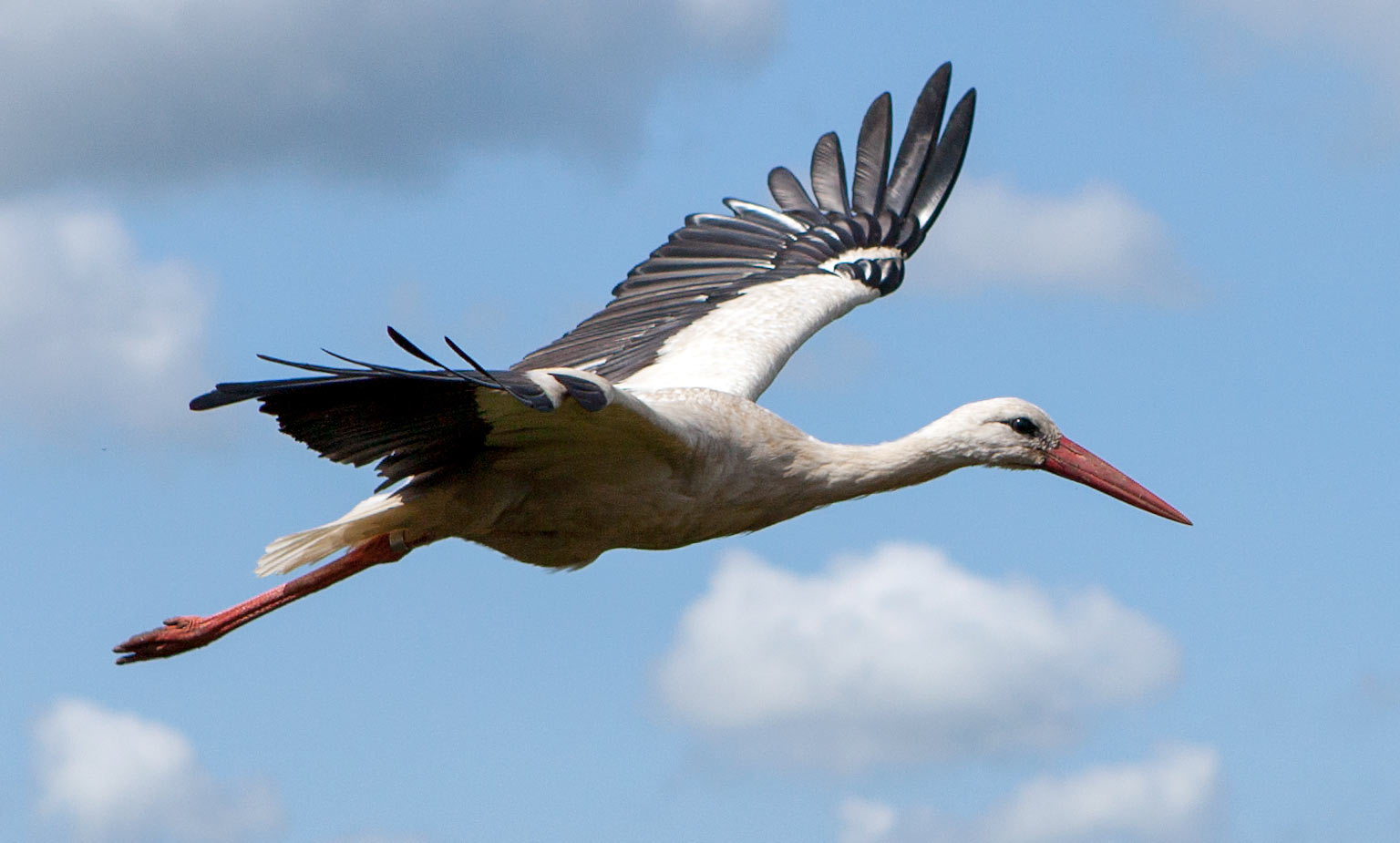Just for fun, and because the time between the years (i.e. 25th of December till 6th of January) generates silly ideas, I tried my first big data analysis today. I was inspired by the frequent notion of woman curating arts exhibitions. Was it just my selective perception, or is there something real behind ?
I used a public German website that provides information on all arts exhibitions during a selected time period. The site http://www.kunstausstellungen.de/suche/ I searched for all exhibitions between 01.01.2018 - 31.12.2018. I got a long list (perhaps still anything from complete) of 210 events, covering private galeries, municipal exhibiton halls and big and famous museums of national and international fame. Of those 210 exhibitions, 181 could be associated with a single artist (the remaining 29 were group exhibitions). Counting the male and female artists, these are the results:
144 male artists (79.6 %)
37 female artists (20.4 %).
The common (PC) interpretation of such a gender inequality is always, that men in their networks support each other, and restrict access of the talented woman.
Well, we all know who selects the artists to be exhibit in museums and galeries, and these are the above mentioned curators.
Thanks god, at least for some of the 210 exhibitions, also the names of the curators are listed in www.kunstausstellungen.de. But in particular the big and famous institutions (like Munich Pinakothek, Schirn Kunsthalle Frankfurt, Museum Ludwig Koeln etc) don't like to give names. But of the 123 exhibitions were the curators are known, the picture looks almost like a mirror image than what I found for the artists. Here the gender distribution is as following:
34 male curators (27.5%)
89 female curators (72.5%).
In a nice graphic as the consulting folks do it their whole life through, it looks like this:
 | |||
| Distribution of men and woman among artists and curators of 210 randomly selected exhbitions in Germany (2018) |
So this simple analysis easily disproves that male decision makers (i.e. curators) are responsibility for a larger presence of male artists in public life. At least in Germany, and at least in the year 2018, there must be another reason for the imballance of male versus female artist. The same is also true for film directors, and even more for the conductors of orchestres or composers played in the concert hall.
Other interpretation are required, since if one wishes to reach an equal representation in the creative business of male and female actors, one has to understand the reasons for the current un-equallity. And at least the stereotypic explanation that influential men support only other men and at the same time suppress woman, seem to be vastly wrong.



